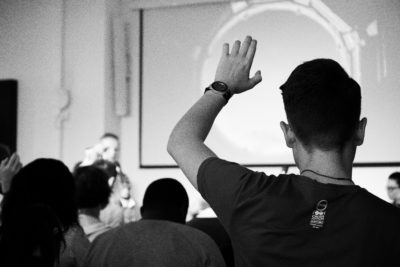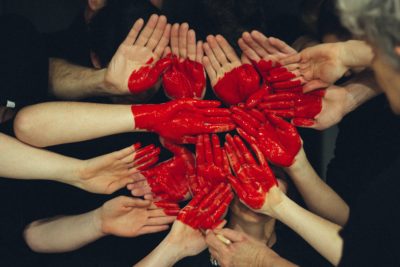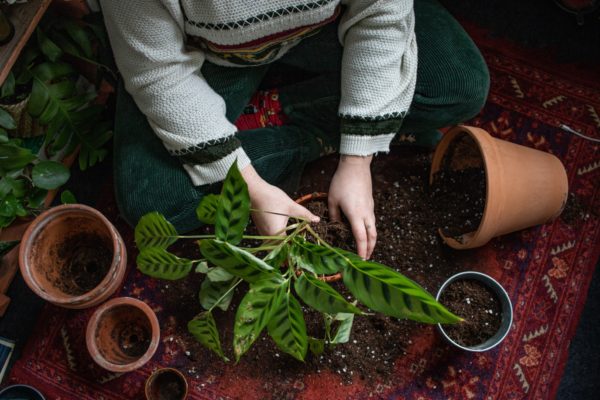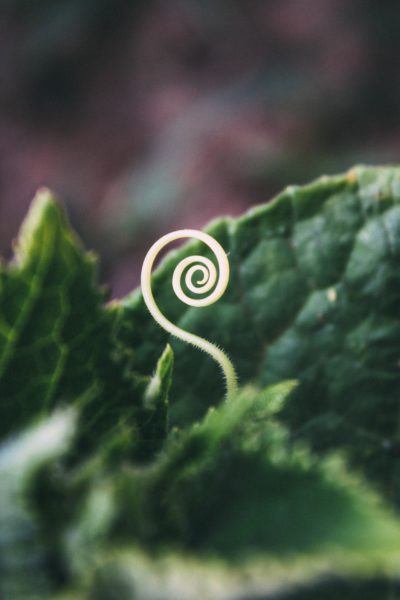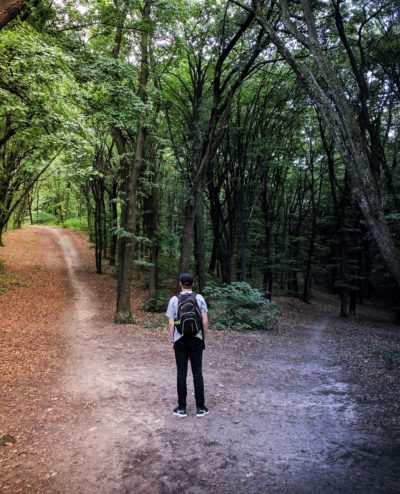Articles on recovery and fellowship written by members of A.A. in San Francisco and Marin.
Second Spiritual Awakening
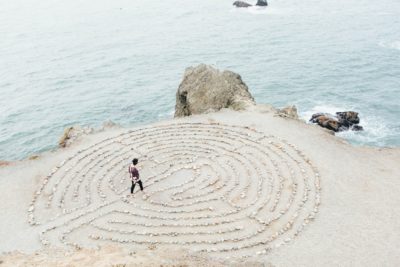
By Anonymous
We often talk in the rooms of A.A. about spiritual awakenings. It’s the great promise of our 12 Steps. I’d like to talk about my second spiritual awakening, which happened when I least expected it.
I was still relatively early in my recovery when I was strongly encouraged into becoming my home group’s General Service Representative (GSR). What I’d heard about General Service wasn’t encouraging (or so I thought), but I was in the habit of doing what my sponsor suggested and she said I should take this commitment.
I confess that General Service and I did not mesh at first. My impression of the meetings was that there was a whole lot of talking and not a lot of action. “If they only followed my plan,” I thought, “we’d get something done!” I wasn’t aware of the 12 Traditions yet, let alone the 12 Concepts. I didn’t have a clue what was going on. I was ready to quit General Service, but my sponsor cautioned me against contempt prior to investigation. At her urging, I agreed to give it six months … but I was already secretly planning my escape.
And then the miracle happened. I attended my first Pre-Conference Assembly. General Service has several assemblies each year. The Pre-Conference Assembly is where all the GSRs from a certain area come together to deliver their groups’ conscience about the business of A.A. As an example, many of you are aware that the language in our Preamble was recently changed. It went from “Alcoholics Anonymous is a fellowship of men and women …” to “Alcoholics Anonymous is a fellowship of people …”. That was discussed by GSRs at a Pre-Conference Assembly, who delivered their groups’ conscience about that change. Dozens of such changes about A.A.’s business are considered each year.
At my first Pre-Conference Assembly, I was overtaken by the spiritual nature of this process. GSR after GSR came up to the microphone to deliver their group’s opinion about the business of A.A., which the area’s representative—our Delegate—was then going to share in New York at our annual national conference.
I was humbled by a process in which nobody “governs” A.A. When we participate in our group conscience each of us exercises our voice and vote. We each have a right and responsibility to participate to ensure A.A. continues tomorrow for the alcoholic who still suffers. This is what Bill and Bob intended when the General Service Conference was created.
As you can probably tell, I decided not to bolt after six months. Instead, I stayed for many years and served in a number of General Service commitments at the District and Area level. I came to appreciate the miracle of General Service with the help of a service sponsor who taught me how to apply the Traditions and Concepts in General Service proceedings, A.A. meetings and my personal life.
I encourage you to be open and willing if a GSR commitment comes up at your meeting. You might just receive the gift of your second spiritual awakening!


